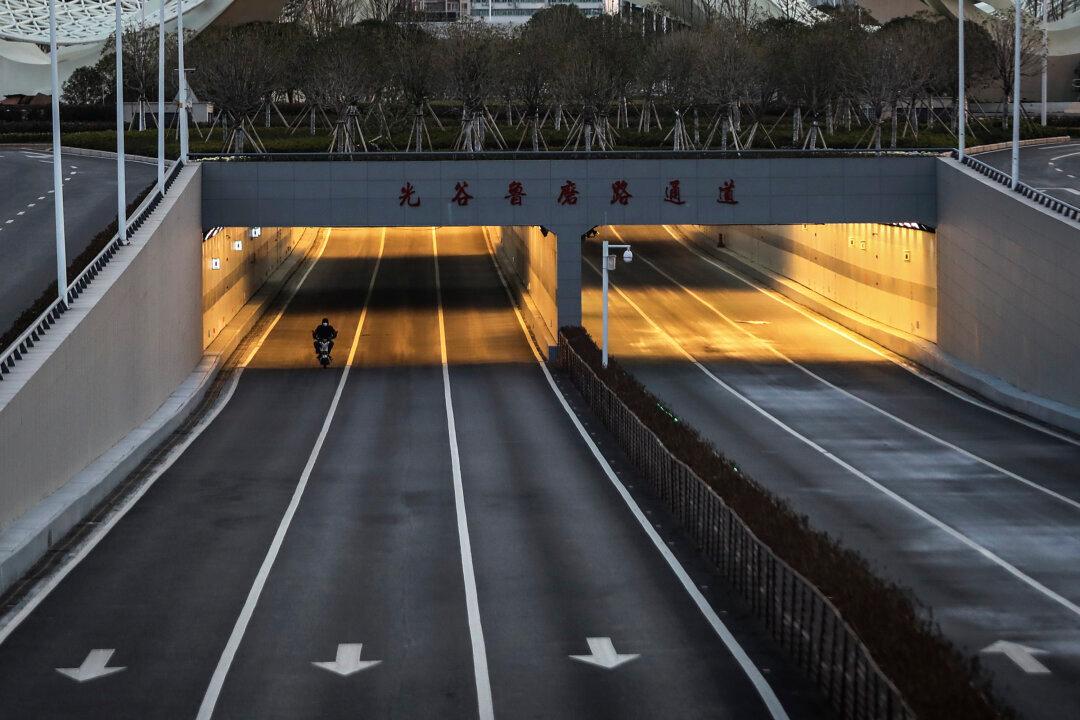“The internet connection in my home was cut off for several days. I kept on calling the mayor’s hotline, but nobody is taking care of us,” said a resident of Wuhan City, Hubei Province, where the coronavirus (COVID-19 virus) outbreak began.
Since Feb. 11, more and more Wuhan residents reported that their home internet connections were down. Wuhan authorities have issued strict quarantine measures to contain the outbreak, including allowing only one person per household to leave their homes.





